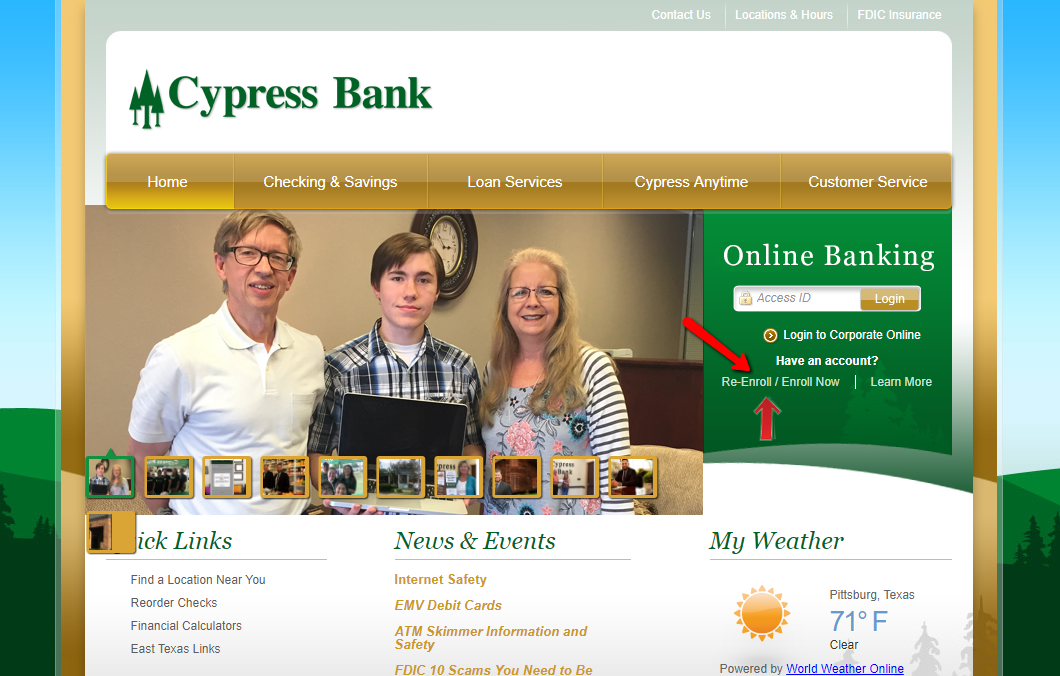20 Free Ideas For Choosing Business Wealth Administration Advice
20 Free Ideas For Choosing Business Wealth Administration Advice
Blog Article
Ten Suggestions For Sustainable Asset And Wealth Management Companies Or Firms
Here are 10 tips to guide your research and decision-making when evaluating sustainable asset or wealth investment management firms or companies. These guidelines are intended to assist you in ensuring that your investments match your financial goals, and your personal values with respect to environmental, ethical, social, or governance (ESG) issues. Each one is accompanied by pros and cons to provide a balanced assessment.
1. ESG Advisory Services: Consider the Costs and Value
Tip: Investment firms that specialize in sustainable investments might charge higher fees for their specific research.
Pros: Pays more for expertise and effectiveness.
Cons: If the fees are excessively high, they could decrease the profit.
Examine the Minimum investment
Certain ESG firms cater only to wealthy individuals or institutions with the highest minimums.
The focus on detail and quality is an advantage.
Cons: May exclude smaller investors.
3. Look Into Impact Investing Opportunities
It is possible to make an investment in impact funds, whereby the money you invest is used to finance projects such as clean water and affordable housing.
Pros: Tangible social/environmental benefit.
Cons: It is possible to be in liquid form and high risk.
4. Verify if you are exposed to Fossil fuels.
Find out the breakdown of fossil fuels used or exposure to high emission industries.
Cons: Not aligned with goals of climate change.
Cons: Complete disinvestment could hinder access to lucrative sectors in the near-term.
5. Do you know about diversity and Inclusion?
Tips: Ethics-based organizations must be in a position to "walk the Talk" and also have leadership teams that are diverse with ESG guidelines.
Pros : Reflects genuine value and broad perspectives.
Cons: Diversification on its own isn't a guarantee of investment expertise.
6. Confirm Education and Engagement of Clients
Look for companies offering ESG webinars and white papers, in addition to customized impact reports.
Pros include: Informs and empowers clients.
Cons: Can overwhelm customers not interested in frequent updates.
7. How do you determine if the Firm Is a Fiduciary
TIP: Choose firms with a legal obligation to behave in accordance with your most ethical and financial interests.
Benefits: Reduced conflicts of interest.
Cons: Some ESG companies may still prioritise sales over fiduciary obligation.
8. Find out about the climate risk scenario and plan accordingly.
Tip: Top-tier firms model portfolio outcomes under various climate change scenarios.
Pros: A proactive approach to addressing future risks.
Cons: Models are usually unproven or uncertain.
9. ESG Integration in Fixed Income Securities:
Ask the company about how they pick their green bonds.
Cons: Fixed income with a the goal of sustaining.
Cons The market hasn't matured and there aren't many options and standards.
10. Transparency and Public Commitments are being investigated
Tip: Does the firm release sustainability or stewardship statements? Do they participate in Climate Action 100+, Net Zero initiatives or other partnerships?
Pros
Cons: Promises that are not backed up by action can still be considered to be greenwashing. Read the top investment companies for blog recommendations including best bank in usa, bank in online, florida banking, people bank near me, first financial bank online, bank trust online, banks money, community bank customer service, first financial bank login, banks in minnesota and more.
There Are Many Things To Think About When Opening A Business Account In Naples.
These 10 tips will assist small business owners and entrepreneurs make informed decisions about banking for businesses in Naples. They offer the full explanations of each suggestion, along with pros and cons.
1. Select a bank that has an established presence in Southwest Florida
TIP: Pick banks with strong roots in Naples like Fifth Third Bank, First Florida Integrity Bank or Regions Bank.
Pros: Local support and decision-making is more convenient.
Cons: Smaller banking institutions may not offer extensive international or national services.
2. Compare credit unions and traditional banks Traditional Banks
Tip: Consider Achieva Credit Union or Suncoast Credit Union for their low fees and personalized service.
Cons: Account fees tend to be lower, while interest rates are generally higher.
Cons: Less locations than national banks, and less technology tools.
3. How to evaluate transaction limits for checking accounts?
Tip: Some business checking accounts in Naples restrict free transactions to between 200 and 300 per month.
Pros: Sufficient to many small-scale businesses.
Cons: You can end up paying extra transaction fees ($0.25 up to $0.50) when you exceed the amount.
4. Find opportunities to build relationships with banks
Tips: Some banks in Naples offer priority to local businesses and offer rewards for having multiple accounts.
Benefits include fee waivers, improved rates, and quicker approval.
Cons: Benefits require a high minimum deposit or balance.
5. Utilize banks that provide SBA Loans
SBA loans are offered by banks such as Wells Fargo and First Horizon in Naples.
Lower down payments as well as the flexibility of criteria for qualifications and the flexibility of qualifications.
Cons: The application process can be lengthy.
6. Prioritize Mobile and Digital Banking Features
Tip: If you prefer banking remotely, check that the bank offers mobile deposit as well as ACH, bill payment, and account alerts.
Benefits: Increases cash flow visibility and reduces time.
Cons: Smaller banks might not have as many online services.
7. Bundle Merchant Services and Business Checking
Banks like copyright and Chase offer business checking accounts that are integrated with merchant accounts.
Pros: Increases cash flow as well as streamlines processing of credit cards.
Cons: Fees can be higher for bundles, especially when small-sized businesses are involved.
8. Select accounts that do not have fees per month or are waived
TIP: Find banks that offer fee-free checking for business (e.g. Suncoast CU) or that waive minimum balance requirements.
Benefits: Lower operating costs for your company.
Cons: May require the payment of a daily average of $1,000 in order to waive fees.
9. Explore Interest Bearing Business Accounts
Tips: If your company has high cash balances, you should consider the possibility of a company money market or interest-bearing checking account.
Pros : Earn passive income from inactive funds.
Cons Cons: Minimum balances tend to be excessive (e.g. $10kor more).
10. Examine Branch and ATM Network Availability
TIP: Pick a bank that has ATMs and branches in the most prestigious areas of Naples If you frequently make cash deposits.
The convenience of the product can be used by those working in the hospitality, retail and service companies.
Cons: Long travel time for banks with a small presence. Follow the most popular bank account in Naples FL for blog examples including online bank for business, united banking, real bank, trust texas bank, first united bank mortgage, top 10 banks in usa, nations bank near me, top internet bank, florida banks, trust co and more.